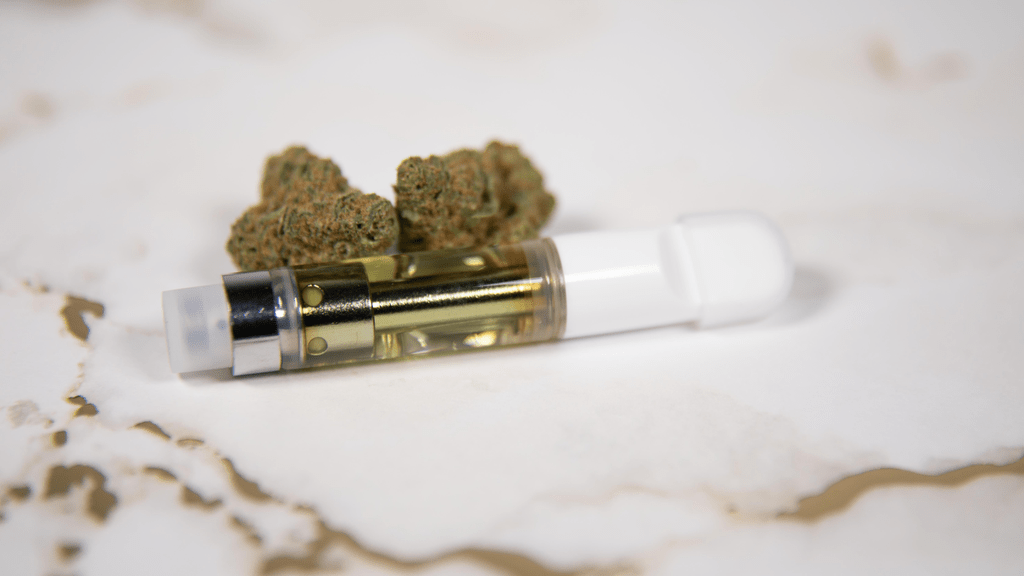2022 was another pivotal year in the ongoing saga of medical cannabis legalization in the United States. As society continues to shift its perspective on cannabis, seeing it less like a taboo and more like a vital medicinal tool, several states have stepped up and officially brought medical cannabis laws onto their books. Here’s the breakdown of who’s new to the game and what that means for the people living there.
States Embracing Medical Cannabis in 2022
1. Kansas: Opening Doors in the Heartland
Legalized: April 2022
In a move that many felt was long overdue, Kansas finally legalized medical cannabis in 2022. This heartland state recognized the undeniable benefits of medical cannabis for treating a slew of severe and chronic conditions. From debilitating pain to severe epilepsy, residents can now seek solace in a natural remedy that’s been sidelined for far too long. This step not only provides relief to thousands but also chips away at outdated stereotypes about cannabis users.
2. Kentucky: Breaking Barriers in the Bluegrass State
Legalized: March 2022
Kentucky, a state known for its conservative values, made a surprising yet welcome advance by legalizing medical cannabis. Faced with a growing opioid crisis and chronic health issues among its population, the state saw medical cannabis as a viable alternative to prescription painkillers. The new laws aim to offer a safer solution for pain management and a variety of other medical conditions, highlighting a shift towards more progressive health policies.
3. North Carolina: Progress in the Tar Heel State
Legalized: May 2022
North Carolina took a bold step forward by legalizing medical cannabis, underscoring a significant shift in regional attitudes. The state has set up a comprehensive system that allows patients suffering from chronic pain, PTSD, and other severe conditions access to cannabis treatments. This move is a game-changer for many who have long sought a more natural approach to managing their health.
Why This Matters
The legalization of medical cannabis in these states is not just about making a plant legal—it’s about opening up a new dialogue on health, medicine, and personal freedom. Here’s why it’s a big deal:
Medical and Therapeutic Benefits
The most immediate impact of these laws is the relief they bring to patients. Cannabis is known for its ability to reduce inflammation, alleviate pain, manage seizures, and even reduce anxiety and depression symptoms. This isn’t just about getting high; it’s about getting help.
Economic Impact
With new laws come new markets. The cannabis industry creates jobs, from cultivation and sales to regulation and security. Moreover, it generates significant tax revenue that can fund everything from public schools to infrastructure projects.
Changing Perceptions
Each state that legalizes medical cannabis helps to normalize its use and reduce the stigma associated with it. As more people see cannabis being used as medicine, the old stereotypes of the lazy stoner are being replaced with images of everyday people seeking relief.
Regulatory Challenges
Of course, it’s not all smooth sailing. States must navigate the complex waters of regulation, ensuring products are safe and access is controlled. This means setting up state commissions, issuing licenses, and keeping a tight watch on operations, all of which require time and money.
Legal and Political Hurdles
Despite state legalizations, cannabis remains illegal at the federal level in the United States, leading to a patchwork of laws that can confuse consumers and businesses alike. Each state’s program also faces potential legal challenges that could shape how the laws are implemented and adjusted over time.
Looking Ahead
The momentum for medical cannabis legalization shows no signs of slowing down. As more states recognize the medical benefits and economic potential of cannabis, the pressure increases on the federal government to reconsider its own policies. For those in states like Kansas, Kentucky, and North Carolina, 2022 marked a turning point—a year when the option for medical cannabis became a reality, providing not just new choices for treatment but also new hope for a better quality of life.






